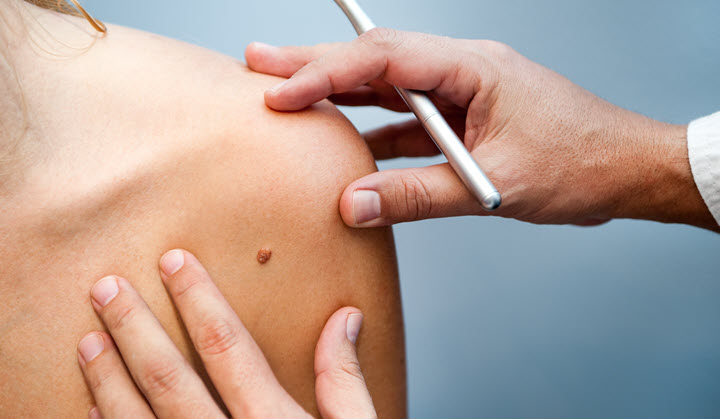Could bioengineering organs for human organ transplants improve transplant equity and address the ongoing organ shortage?
May 01, 2023 – In a recent press release, CareDx Inc., based in Brisbane, CA, and Miromatrix Medical Inc., based in Eden Prairie, MN, announced a collaboration focused on researching bioengineered organs for human organ transplants. Tissue and organ bioengineering has been conceptualized for years, with many implications in improving transplant equity and addressing the shortage of organ donors. As researchers take steps closer to whole organ transplantation in humans, it is critical to understand the science behind bioengineering and how to minimize patient risk. Read more in Life Sciences Intelligence.








